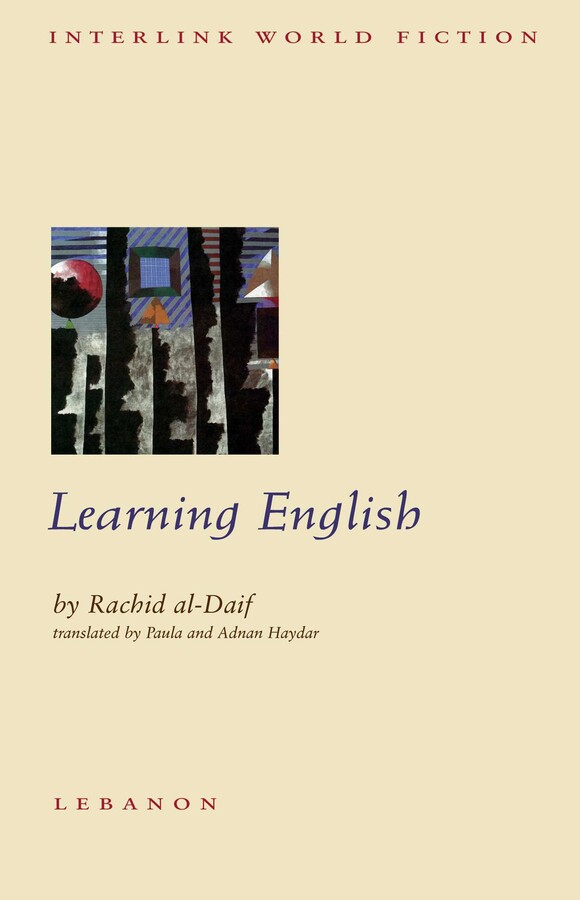Plus get our latest book recommendations, author news, and competitions right to your inbox.
Table of Contents
About The Book
Product Details
- Publisher: Interlink Books (November 10, 2013)
- Length: 224 pages
- ISBN13: 9781623710446
Browse Related Books
Raves and Reviews
"The two Haydars have rendered a superbly seamless translation and have masterfully captured, and kept up with, the pace of the text. There is a maturity to al-Daif's work; this faultless translation should be acknowledged as one of the best of Arabic fiction reads currently on the market."
A riveting interior monologue by Lebanese novelist al-Daif penetrates the deep-seated anxiety of a middle-aged Beirut-based literature professor after he hears about his father's tribal murder...The Haydars' pristine translation captures Rashid's conflictedness and leaves intact al-Daif's wordplay, making this a fine introduction to Arabic fiction.
[The] translation is a fluent rendering of the Arabic original and abley follows its meandering style, which imitates the inner thoughts of the novel's protagonist, Rashid. The reader is not hooked to the story by a plot, for there is none that is developed in the manner of the traditional novel; the reader is rather hooked by the suspenseful narration itself which represents the thinking of Rashid. The novel's action takes place entirely in Rashid's head before he comes to a decision on what to do. Once he decides, the novel ends. ...In the meantime, we as readers [are] enthralled by novelist Rachid al-Daif's art of suspense, learn from Rashid's train of thought and his memories. Paula and Adnan Haydar are to be congratulated for rendering into beautiful English a version of an interesting novel with symbolic meanings about the hold of the past on modern beings.
– Issa J Boullata, Ph.D., Digest of Middle East Studies
This novel... carries the reader along by clear, flowing narrative, unbroken by chapters but touched with mystery and a dark humor. Suggestive of autobiography, it constructs an intriguing portrait of an individual fettered by his past and uncertain of his present, caught in an unending awareness of senseless violence.
– Elsa Marston, Multicultural Review
Resources and Downloads
High Resolution Images
- Book Cover Image (jpg): Learning English eBook 9781623710446




